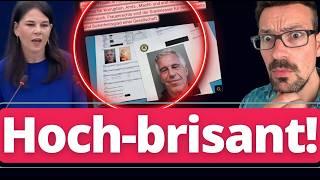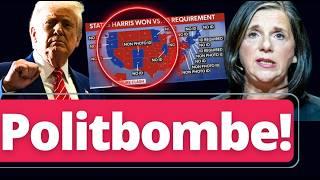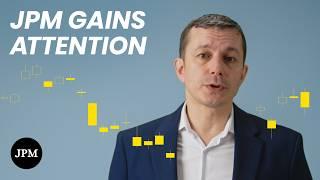| Brazilian politicians and business leaders are heavily involved in what might be the world’s biggest corruption scandal. An investigation that started in a Brazilian car wash has spread to 16 countries, embroiled more than 100 politicians and business leaders and put billionaires behind bars. But there is a silver lining to the chaos
Click here to subscribe to The Economist on YouTube: http://econ.trib.al/rWl91R7 It’s been described as the world’s biggest corruption scandal, involving more than $5 billion worth of illegal payments that’s so far embroiled Brazil’s current and former presidents, several other South and Central American leaders and key members of Brazil’s business elite – many of whom are now making the adjustment from billionaire lifestyle to a life behind bars. It’s gone hand-in-hand with Brazil’s worst recession in decades, but there has been a silver lining to all this chaos. At the heart of the scandal are two corporate giants: Petrobras awarded building contracts to Odebrecht and other smaller companies. These companies– in cahoots with Petrobras – would overcharge on the true cost of the work. Some Petrobras directors would turn a blind eye and 3% of every deal would be syphoned off into a joint slush-fund, which accumulated millions of dollars. These funds were laundered in a variety of small-scale businesses such as car washes and petrol stations, and then used to finance political campaigns and bribe politicians in an attempt win or influence government policy. In 2014 a mundane police enquiry into small-scale money laundering businesses, uncovered a web of corruption. The investigation, code named ‘operation car wash’ revealed a flow of money all the way from a number of Petrobras and Odebrecht executives to politicians at the very top of the political system. Lula, Brazil’s popular former president was found guilty of receiving an apartment worth around $700,000. He is appealing against his near ten-year jail sentence. In June 2017, Brazil’s current president, Michel Temer was charged with corruption as well. However, the lower house of congress has voted not to proceed with the charges. And although Temer’s predecessor, Dilma Rousseff, hasn’t been directly linked to the corruption scandal, the investigation clouded her presidency. She was impeached in 2016 for deceptive accounting of government funds. The vast scale of the scandal soon unfolded. Today more than 80 sitting Brazilian politicians are now under investigation and the scandal has spread to 16 countries across four continents implicating a number of other leaders and politicians Peru’s former president Alejandro Toledo is a fugitive, with a warrant out for his arrest. He is accused of taking bribes from Odebrecht. Another of Peru’s former presidents Ollanta Humala has been detained together with his wife for alleged money laundering linked to the scandal. And In Panama the supreme court is stalling a case against Ricardo Martinelli. And the companies at the heart of this scandal? Since September 2014 the total value of Petrobras’ shares has decreased by $80 billion. At the end of 2016 the US Department of Justice fined Odebrecht $2.6bn for the bribery scheme and Billionaire CEO Marcelo Odebrecht is currently serving a 19 year jail sentence. The scandal has compounded the worst recession on record to make life very hard for many in Brazil. 13.5 million people are unemployed and the country’s GDP is still 9% below its pre- recession peak. But the scandal has also brought hope. For while allegations of bribes and kick-backs are nothing new in Brazil, this time the corrupt are paying the price for their actions. They hope finally holding the corrupt to account will weaken the blight of corruption in their country. There are even calls for Sergio Moro, the federal judge overseeing the investigation, to run for president in 2018. The investigation has had a silver lining. It has laid bare the financial foul play at the heart of the Brazilian state, but it has also illustrated the maturity and independence of Brazil’s justice system. Daily Watch: mind-stretching short films throughout the working week. For more from Economist Films visit: http://films.economist.com/ |
Tags:

































